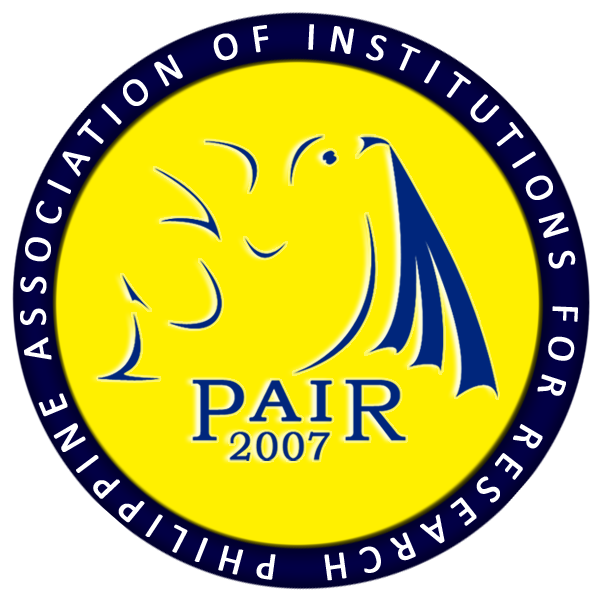Community Extension Profiling of the Teaching and Non-teaching Personnel of the University
DOI:
https://doi.org/10.7719/jpair.v50i1.442Keywords:
Social Science, social community extension, community service, community profiling, teaching and non-teaching, Mandaue City, Cebu, PhilippinesAbstract
Building a community that needs assistance from various organizations, such as academic institutions, is a way to carry out the mission of helping to improve not only the living conditions of the underprivileged but also to have a more significant impact on the morals and principles of the faculty and staff who participated community extension related activities. With relevant provisions of the Higher Education Act of 1994, or Republic Act No. 7722, passed in 1994, and the Commission on Higher Education Memorandum Order No. 48 Series of 1996, Institutions of higher learning are supposed to have a reliable community extension program. Through community-based research, the CARES program of the University of Cebu Lapu-Lapu and Mandaue Campus continued to uphold the spirit of service to the community. As guided by the Vision, Mission, Goals, and Objectives and following the philosophies of the organization, the CARES program was able to create the flagship of every department, and it has been the primary foundation for community service in the partner community. This study is a descriptive, quantitative research design that was conducted on the Faculty and Non-teaching personnel at the University of Cebu – Lapu Lapu and Mandaue Campus. This study's primary goal is to determine the profile of faculty and non-teaching volunteers, know the different programs and activities that they want to be involved in, and determine the reasons for participating in the program. Also, to propose a recommendation based on the result of the study.
Downloads
References
Aked, J. (2015). What’s different about how volunteers work? Relationship building for wellbeing and change. IDS Bulletin, 46(5), 29-42.
Downloads
Published
Issue
Section
License
Copyright (c) 2022 Richie L. Montebon, Rafael M. Bachanicha, Melvin Monton, Jean Careen M. Engkong, Alladino P. Labana

This work is licensed under a Creative Commons Attribution-NonCommercial 4.0 International License.
Open Access. This article published by JPAIR Multidisciplinary Research is licensed under a Creative Commons Attribution-Noncommercial 4.0 International (CC BY-NC 4.0). You are free to share (copy and redistribute the material in any medium or format) and adapt (remix, transform, and build upon the material). Under the following terms, you must give appropriate credit, provide a link to the license, and indicate if changes were made. You may do so in any reasonable manner, but not in any way that suggests the licensor endorses you or your use. You may not use the material for commercial purposes.




















